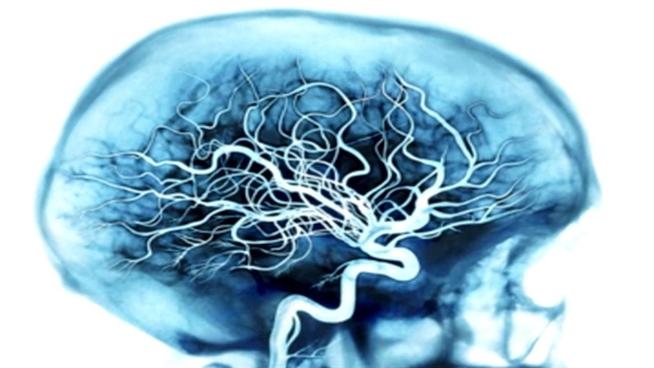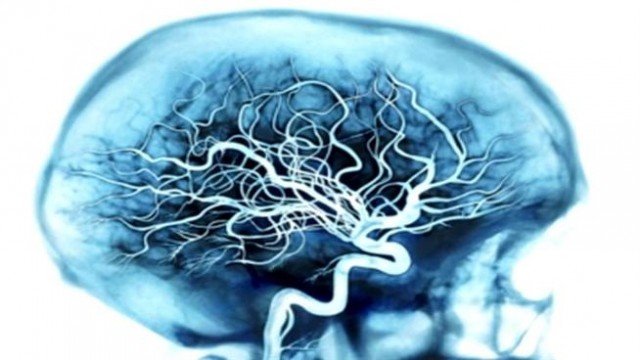
US researchers have discovered that a blood test can accurately predict the onset of Alzheimer’s disease.
Scientists at Georgetown University in Washington DC showed that testing levels of 10 fats in the blood could predict – with 90% accuracy – the risk of the disease coming on in the next three years.
Their findings, published in Nature Medicine, will now be tested in larger clinical trials.
Experts said the results needed to be confirmed, but such a test would be “a real step forward”.
The number of people living with dementia stands at 44 million around the globe and is expected to treble by 2050.
The disease silently attacks the brain for more than a decade before any symptoms emerge. Doctors think drug trials are failing because patients are simply being treated too late to make a difference.

This is why discovering a test that predicts the risk of dementia is a major priority for the field.
Researchers analysed blood samples from 525 people over the age of 70 as part of a five-year study.
They took 53 of them who developed Alzheimer’s or mild cognitive impairment and compared their blood with 53 who stayed mentally agile.
They found differences in the levels of 10 lipids, or fats, between the two groups.
And when the research team looked in the other blood samples, those 10 markers of Alzheimer’s could predict who was likely to enter mental decline in the following years.
The full power of the test has not been investigated either. So far they know a diagnosis of dementia can be predicted three years ahead of time, but the researchers are now investigating whether the test works even earlier.
It is not clear exactly what is causing the change in fats in the blood, but it could be a residue of the early changes in the brain.